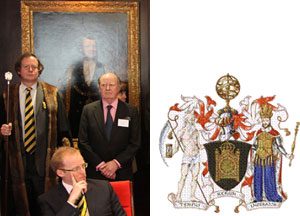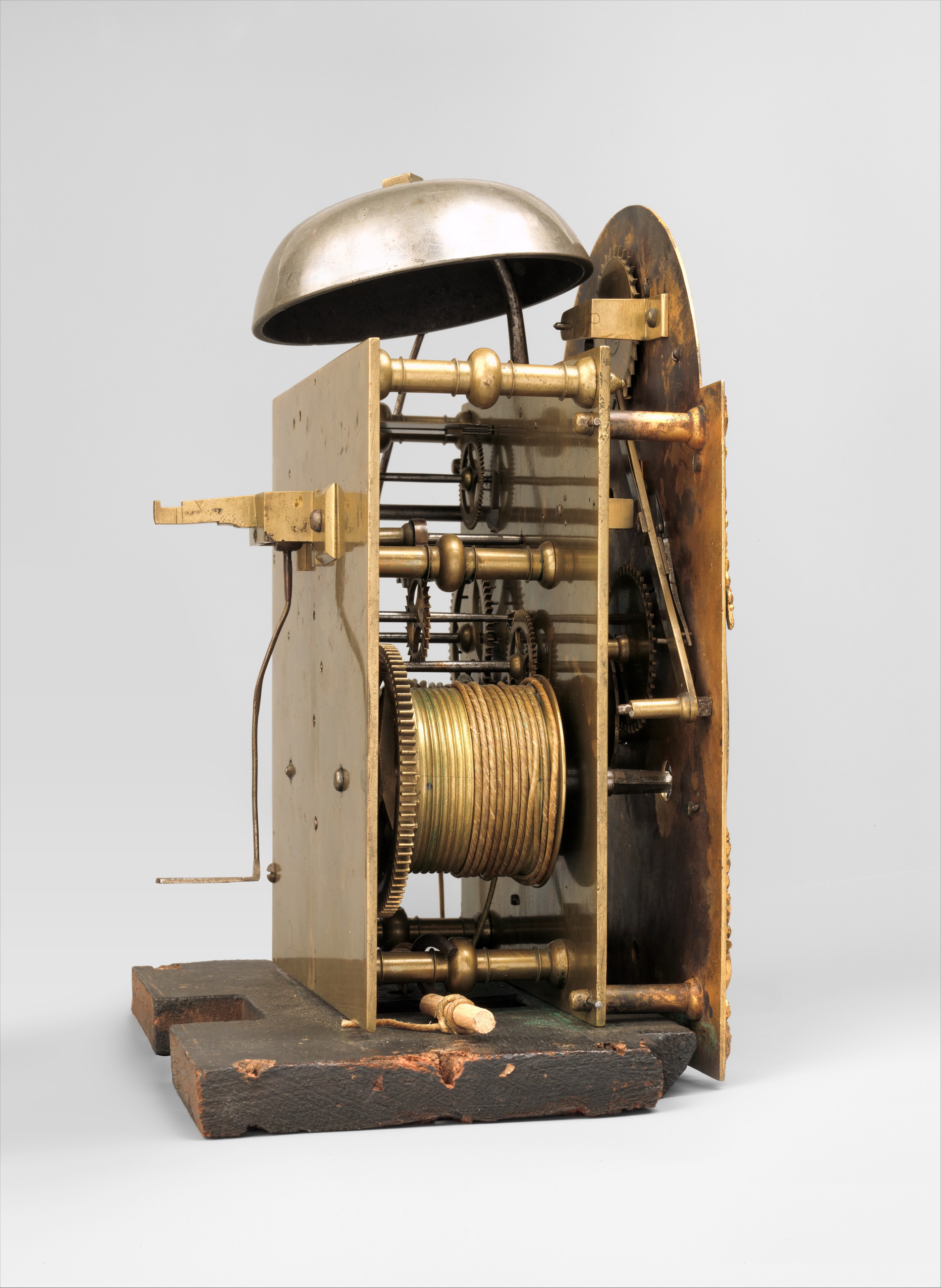


Their capacity in innovating and improving clock accuracy has brought renown to the English clock making industry. The British antique clock’s reputation found its roots in the clock making skills of the early English clock-makers at the end of the 16th century. Other modernization attempts in Britain had limited success or failed.Thomas Tompion ebony quarter repeating table clock Clerkenwell retained its pre-industrial production methods. English watchmaking did not: its trajectory foreshadowed and was later followed by other once-prominent British industries. The Swiss watch industry adapted itself appropriately, expanded, and reasserted its lead in the world’s markets.
#THE BRITISH CLOCKMAKER FREE#
Later, in the era of Free Trade, they were joined by machine-made watches from factories in America, enabled by the successful application to watch production of the "American system" in Waltham, Massachusetts after 1858. Why? Firstly, because cheap Swiss watches were smuggled into British markets. Although Britain was the "workshop of the world", its watchmaking industry declined. It also made marine chronometers, the most complex of hand-crafted pre-industrial mechanisms, crucially important to the later hegemony of Britain’s navy and merchant marine. The English industry led European watchmaking in the late eighteenth century in output, and its lucrative export markets extended to the Ottoman Empire and China. Smaller watchmaking hubs later emerged in Coventry, Liverpool, and Birmingham. Clerkenwell in London was supplied with "rough movements" from Prescot, 200 miles away in Lancashire. This survey of the rise and decline of English watchmaking fills a gap in the historiography of British industry. Essential reading for all Attwell Family Historians, and an ideal birthday or Christmas gift. This volume not only describes their lives, but also provides detailed biographical information, numerous family trees, Wills, inventories, details of land dealings and much other fascinating information. There they settled and prospered successively as school teachers, a staymaker and then as watchmakers, returning eventually to London where they became probably the foremost family of butchers in the capital. It shows how the family then moved from London to the Midlands. The book reveals how a Master of the Waxchandler's Company knew King Charles II, and how the royal association ultimately led to our ancestor's downfall. Now in its second edition, and considerably updated, this volume extends over 250 years, and recounts the lives of six generations of Attwells during the period 1640 - 1890.
#THE BRITISH CLOCKMAKER SERIES#
Superbly illustrated with 1016 colour photographs and period black and white illustrations.īlack & White version - This is the second in a series of three books covering the history of the Attwell family. This detailed and meticulously researched book on the domestic mechanical clocks made in England and Wales in the twentieth century, a culmination of ten years' research by the authors, will be a key reference tool for horologists, horological students, collectors, and clock and antiques dealers. Finally, this book informs readers how they can identify and date almost all of the clocks they are likely to encounter. Previously unpublished research about the manufacturers, the clocks they made and the dates when they were manufactured is presented. It provides a comprehensive history of each significant manufacturer, including the principal people involved and covers the various mechanical clock movements that were produced. Wide-ranging in its coverage, it will be a key reference tool for horologists, horoligical students, collectors, and antiques and clock dealers. This remarkable book is the culmination of their efforts. This involved establishing a representative collection, for the Museum, of twentieth-century domestic mechanical clocks made in England and Wales using industrialized manufacturing methods. Over a decade John Glanville and Bill Wolmuth undertook an important horological project for the British Museum.


 0 kommentar(er)
0 kommentar(er)
